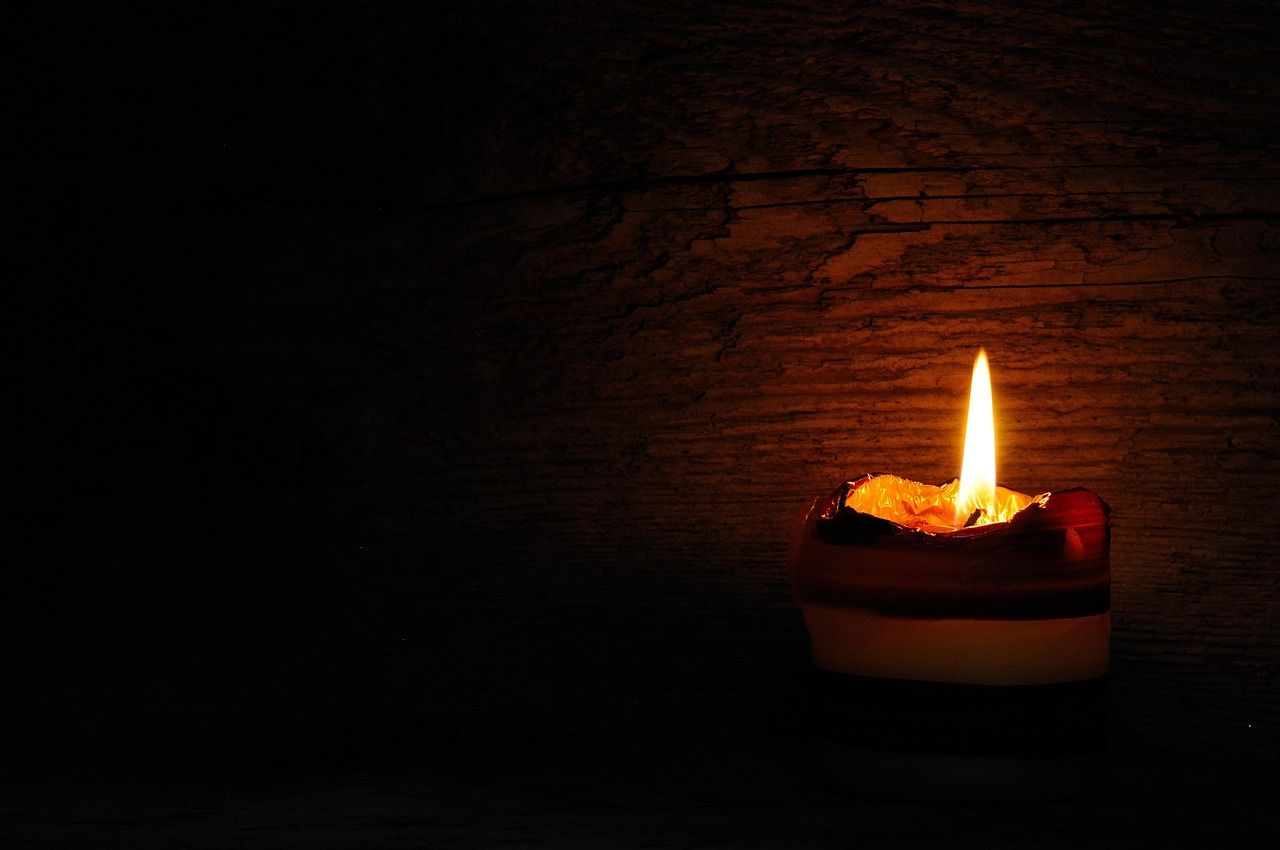Truth and Lies

Watch Video
When a lie overwhelms the truth, it is more than a simple misunderstanding. It rises like a tide that swallows the very moral foundation we stand upon.
The lie can be difficult to detect, hiding behind opposing viewpoints – each ready to defend their version of the truth.
But what if there isn’t one truth?
Media algorithms intensify polarization. They prioritize emotionally charged and divisive content because it maximizes engagement. This creates an environment where misinformation and political animosity nurture a business model funded by anger.
We have difficulty identifying the real threat, but sense that something fundamental has shifted. It works for them – because it translates into fear, and fear too, is a valuable commodity.
While we argue about the truth of what is happening – we fail to unfetter how our own technology is changing us.
It isn’t real.
It feels like a lie – it feels unnatural, because it is. Unlike seasons or the rain, what is descending on us offers no renewal, only erosion.
In Galileo’s time, an earth-centered universe was codified and preached from the pulpits, while the truth of a moving earth circled quietly in the mathematics of his telescope. The lie had scaffolding, institutions, and rituals, but nature’s truth had only a fragile lens.
Anything that controls people is an industry. Businesses compete for customers, politicians compete for voters, religions compete for believers and media competes for our attention.
The truth is often buried beneath the hammering of messaging, erecting walls around human thought. The evidence is ignored until it can no longer be denied.
It happens with ideas about climate change. In the clash between scientific evidence and economical or societal interests, we are fiercely defensive about how we view our place in the world.
Change will come – it won’t argue with us; it won’t shout back. Renewal rises, quietly, with patient inevitability. When it comes, it topples the scaffolds, washes away the noise, and leaves only the truth in its wake. It has to – because hate is unsustainable.
New technology can resemble construction, useful and seemingly solid, but nature’s truth flows like the river, slower, quieter, and more enduring. There are times when we cannot understand the truth until we are forced to confront our survival.
But here is the danger: while we argue, we forget our similarities, we lose the memory of a world filled with laughter. The lie grows louder – our ears grow accustomed to its pitch, so that even when the remedy comes, it feels like punishment. By then, only catastrophe can bring us back to a sense of cooperation.
Life has always been a web of cooperation and interconnectivity.
It flows like a river… quiet, patient and persistent. It is neither altruistic nor selfish – it seeks only balance and growth. A lie may dominate the times with the volume of its repetition, but it cannot alter the slow force that weaves all things together.
The tragedy lies in the interval – the span of time in which people, deafened by their arguing – lose sight of what they have created.
As human beings, we have more in common than our differences. One day, we will discover we were being played. When we can see beyond the face of our perceived enemy – we will see the machine we have built. It stokes our fear and we have simply learned to believe it.
But it was never real.
